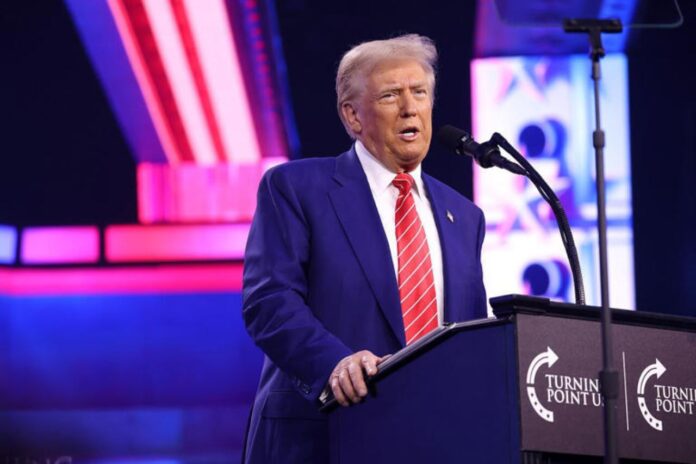When it comes to the economy, it seems everyone has an opinion — and those opinions can feel more like vibes than facts. During the 2024 U.S. presidential race, Donald Trump repeatedly claimed that the economy was struggling and pointed the blame squarely at President Joe Biden and Vice President Kamala Harris. Sure, inflation has left many Americans frustrated, but let’s not forget: unemployment has been remarkably low during Biden’s time in office.
In fact, as of December 6, the U.S. Bureau of Labor Statistics reported an unemployment rate of just 4.2% — a number that signals a healthy job market.
But here’s the twist: even with positive data like that, many people still feel like the economy isn’t doing well. Why? That’s where things get interesting.
Why Do People Feel the Economy Is “Bad”?
Economist Ernie Tedeschi coined the term “vibecession” to describe this phenomenon — the idea that people feel down about the economy even when the numbers suggest otherwise. He explained to Business Insider, “Perceptions of the economy are definitely deeply partisan.”
Simply put, your political views might shape how you see the economy. If you’re rooting for the current leadership, you might notice the positives. But if you’re not? The negatives could loom larger in your mind.
Feelings vs. Facts: A Political Lens on the Economy
Paul Krugman, a well-known economist, often points out that the U.S. economy under Biden has been strong, with record-low unemployment. But even he admits many Americans still “feel bad” about it.
As Emily Stewart from Business Insider explains, this feeling isn’t always tied to facts. “When people say the economy feels bad, they can mean a variety of things — prices are too high, the news they read is negative, or even that the president is old,” she writes.
Stewart highlights an important truth: Feelings aren’t facts. But they matter because they influence how people spend, save, and vote.
The Trump Effect on Economic Perception
Interestingly, Joanne Hsu from the University of Michigan notes that Trump supporters often tie their feelings about the economy to what they expect from his policies.
“With the election of Trump, people have an idea of how economic policy might change,” Hsu said. These voters anticipate shifts in areas like tariffs and immigration, which shape their optimism — or lack thereof.
The catch? Americans are split on whether these policies are good or bad. And that division adds another layer to how we all perceive the economy.
So, What Does This Mean for Us?
At the end of the day, how we feel about the economy often boils down to more than just numbers. It’s about personal experiences, political beliefs, and even the headlines we see.
The real challenge? Separating vibes from reality. Because while feelings are valid, they don’t always tell the full story.





